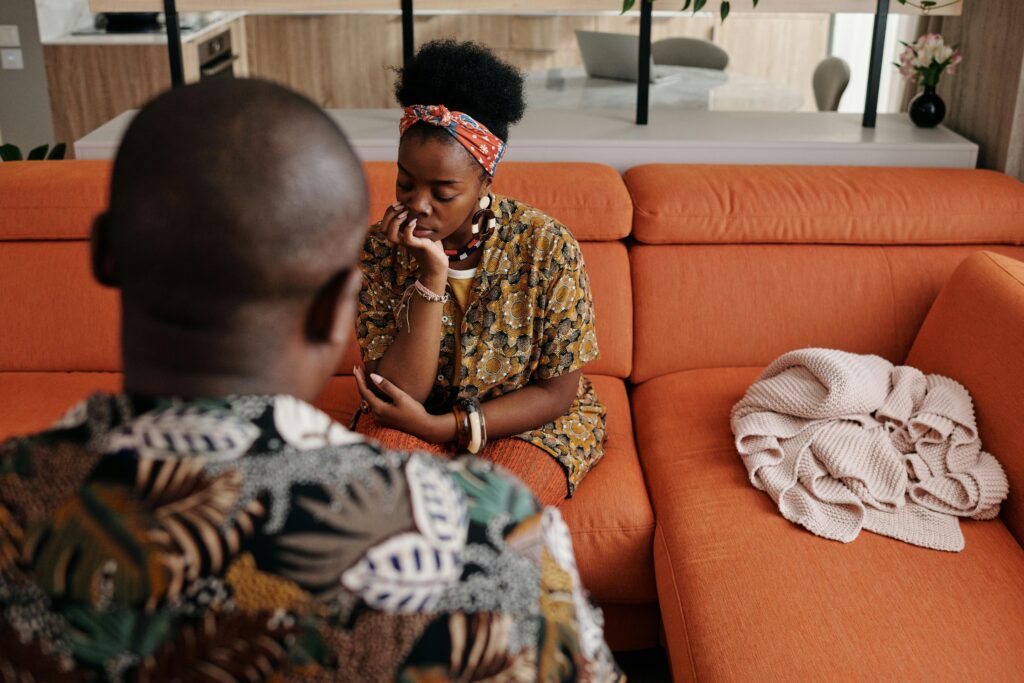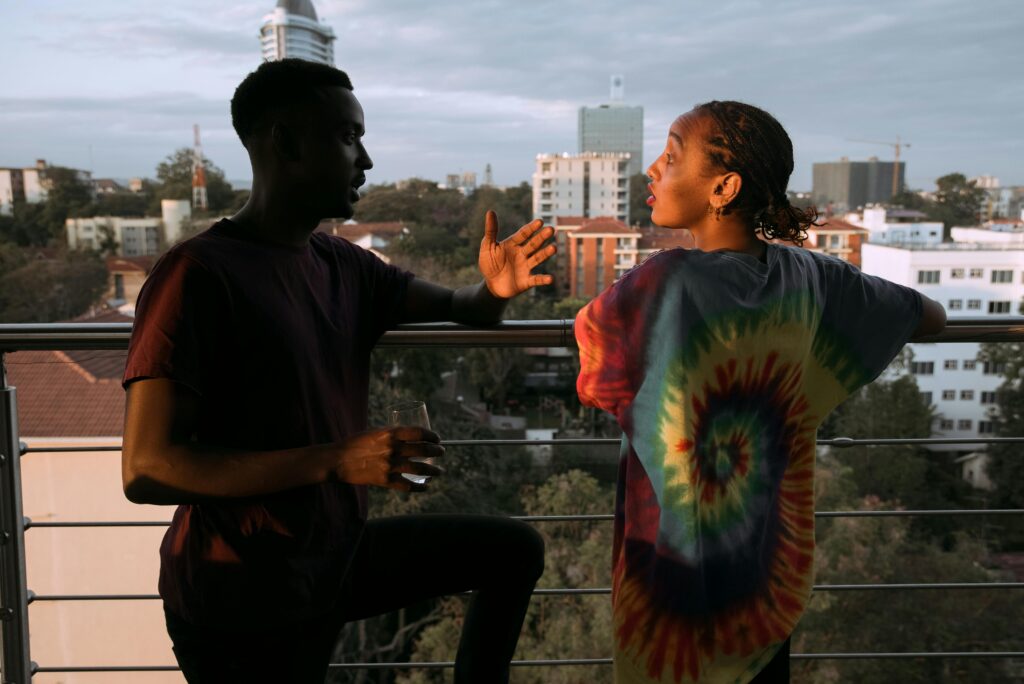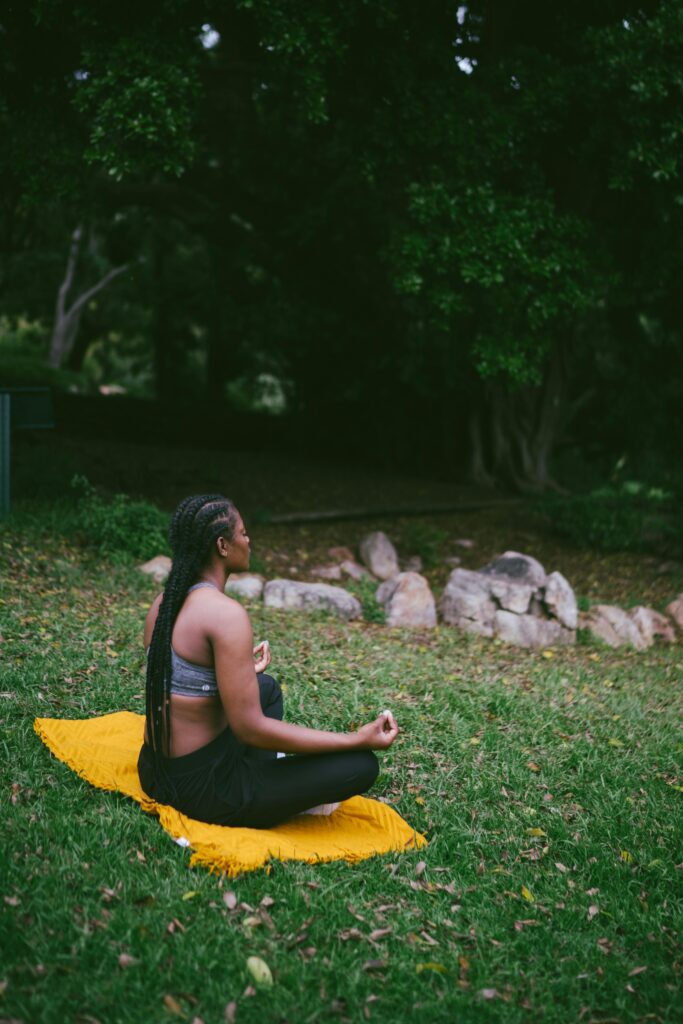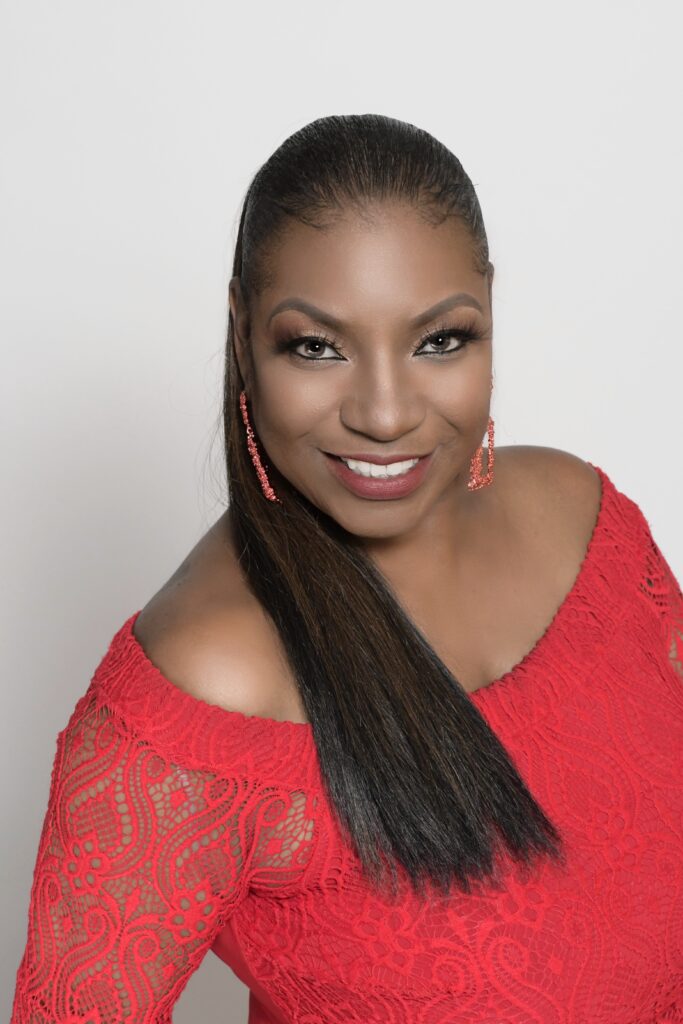In the realm of relationships, vulnerability is often misunderstood. It’s mistakenly seen as a sign of weakness or something to be avoided at all costs. However, the truth is quite the opposite. Vulnerability is the cornerstone of authentic connections, intimacy, and emotional depth in relationships. It’s the willingness to expose our true selves—flaws, fears, and all—in the presence of another person. Let’s explore the importance of vulnerability in relationships and how embracing it can lead to deeper connections and greater fulfillment.

What is Vulnerability?
Vulnerability is the courage to be open, honest, and authentic in our interactions with others. It involves letting go of our masks and defenses, allowing ourselves to be seen and understood for who we truly are. Vulnerability encompasses a range of emotions, from expressing our deepest desires and insecurities to admitting when we’re wrong or asking for help when we need it.
The Importance of Vulnerability in Relationships
- Building Trust: Trust is the foundation of any healthy relationship, and vulnerability is its cornerstone. When we allow ourselves to be vulnerable with someone, we demonstrate that we trust them enough to see us in our entirety—the good, the bad, and the ugly. This fosters a sense of safety and security in the relationship, encouraging openness and honesty.
- Fostering Intimacy: True intimacy cannot thrive in an atmosphere of pretense and concealment. It flourishes when both partners are willing to share their innermost thoughts, feelings, and experiences without fear of judgment or rejection. Vulnerability deepens intimacy by creating emotional bonds that transcend superficialities.
- Promoting Authenticity: Authenticity is magnetic—it draws people closer and cultivates genuine connections. When we embrace vulnerability, we invite authenticity into our relationships, allowing both parties to show up as their true selves without the need for pretense or façade. This authenticity breeds trust and mutual respect, laying the groundwork for a strong and lasting bond.
- Encouraging Growth: Vulnerability is not just about exposing our weaknesses; it’s also about acknowledging our capacity for growth and transformation. When we allow ourselves to be vulnerable, we create space for learning, empathy, and understanding. We become more receptive to feedback, more open to new experiences, and more resilient in the face of challenges—all of which contribute to personal and relational growth.
Challenges and Misconceptions
Despite its numerous benefits, embracing vulnerability in relationships can be challenging. Society often equates vulnerability with weakness, leading individuals to erect emotional walls to protect themselves from potential hurt or rejection. Additionally, past experiences of betrayal or rejection may make it difficult for some people to trust others enough to be vulnerable.
Moreover, vulnerability requires courage—the courage to be seen and accepted for who we truly are, flaws and all. It requires stepping outside of our comfort zones and risking rejection or disappointment. However, it’s important to recognize that true intimacy and connection can only be achieved when we’re willing to take that risk.

Practicing Vulnerability in Relationships
- Start Small: Embracing vulnerability doesn’t mean baring your soul to someone you’ve just met. Start by sharing small, meaningful tidbits about yourself and gradually work your way up to deeper conversations as trust builds.
- Be a Good Listener: Vulnerability is a two-way street. Be attentive and empathetic when others share their vulnerabilities with you, creating a safe and supportive space for open communication.
- Set Boundaries: While vulnerability requires openness, it’s essential to set boundaries to protect your emotional well-being. Be discerning about whom you share your vulnerabilities with and prioritize relationships that foster mutual trust and respect.
- Practice Self-Compassion: Be kind to yourself as you navigate the ups and downs of vulnerability in relationships. Remember that it’s okay to feel scared or uncertain—it’s all part of the process of growth and connection.
In a world where superficiality often reigns supreme, embracing vulnerability is a radical act of courage and authenticity. It’s the key to unlocking deeper connections, fostering intimacy, and experiencing greater fulfillment in our relationships. By embracing vulnerability—not as a sign of weakness, but as a testament to our strength and resilience—we can cultivate relationships that are built on trust, authenticity, and mutual respect.
Follow Us On Social Media!




